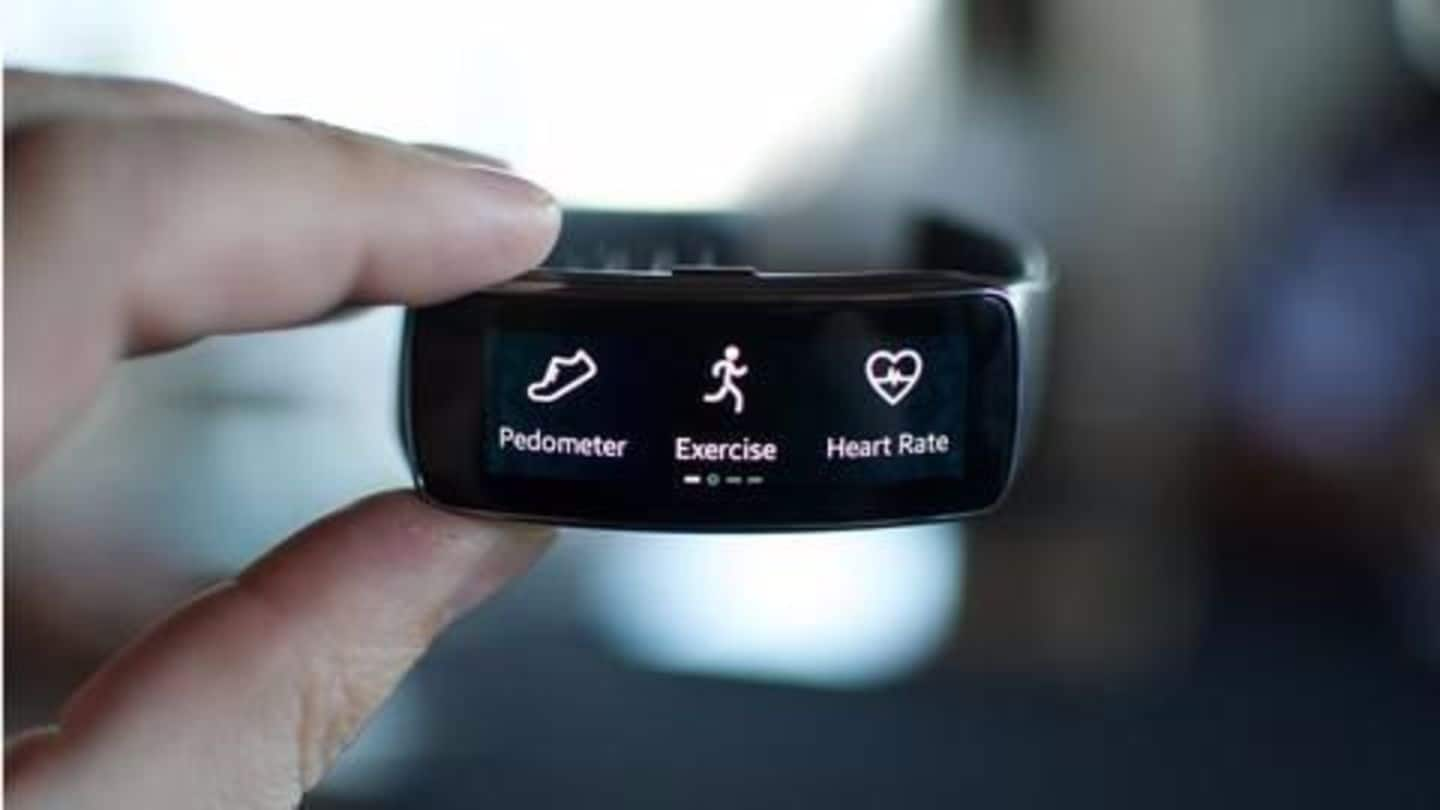
Wearables emerge as an ally, help authorities in busting crimes
What's the story
"I deduce that the victim had 4 hours of sleep last night, then she went to the park to jog, around two hours later she had the altercation and died."
"How can you say this without looking at the report?"
"It's elementary, I checked her health tracker."
Wearable devices are now coming to the rescue for authorities trying to solve a crime. Here's how.
Footprints
Using digital footprints to solve crime
In the modern age, we always leave behind digital footprints, sometimes through check-ins, images and now through fitness trackers and wearables.
These devices have been proved to be more than handy for authorities investigating crime, as it ends up giving them a proper timeline, key insights and also helps in counter-checking statements made by people suspected of the crime.
People lie, data doesn't.
Tracking
The art of deduction
Usually, a fitness tracker notes down when the wearer engages in physically rigorous activities and marks it with an elevated heartbeat signature.
Now, when someone gets killed or engages in an altercation, the fitness tracker will end up marking the same with a flat line or a jump in heartbeat making it easier for authorities to check the facts in hand.
Murder mystery
Fitness tracker helps in nabbing murderer
Recently, a Fitbit exercise tracker emerged as key evidence in a murder that took place in Connecticut, USA.
The husband said that his wife was killed by an intruder who barged into their house, but the digital data spoke otherwise.
Fitbit tracker showed that the woman was outside during the husband's specified time-frame.
The husband was charged and is now awaiting trial.
Tech-savvy
Keeping up with the times
This is not a singular phenomenon; with every passing day, authorities are relying on digital shreds of evidence to nab culprits and cross-check facts that are being submitted, by comparing them with wearable devices' data.
In the 21st century, criminals are becoming more conniving and they often use digital tools to wipe off evidence, thankfully, now the tables are slowly turning against them.
Distractions
On a humorous note
"The victim ate breakfast which comprised of muesli and fruits, he was thankful for his new watch and he believed that he had a lot of swag and wanted to enjoy his life, because YOLO."
"Wow, did the wearable tell you that too"
"No, the Instagram feed."
Sadly, authorities will have to go through some hiccups along the way to find the truth.